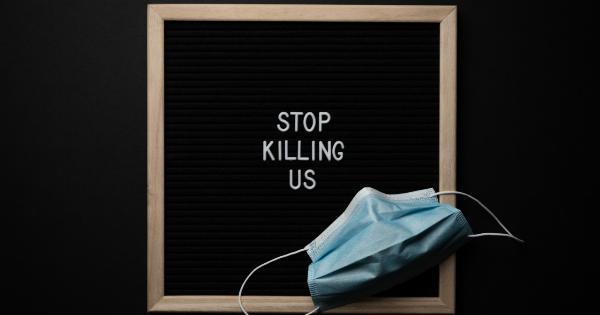In a shocking revelation, Makri, a key witness in ongoing investigations, has implicated several politicians in corruption scandals.
Makri’s testimony, provided under oath, has sent shockwaves through the political establishment and raised serious questions about the integrity and transparency of those in power. The implications of these revelations could have far-reaching consequences for the political landscape, as well as for public trust in the government.
Corruption scandals rock the political landscape
Over the past few years, corruption scandals have become all too common in the political arena. High-profile cases of bribery, embezzlement, and abuse of power have tarnished the reputations of many politicians and eroded public trust in the system.
However, Makri’s recent testimony has shed new light on the extent and depth of these scandals, implicating several influential politicians in ongoing investigations.
Implications for the political establishment
The implications of Makri’s testimony are significant. If the allegations are proven true, they could result in the downfall of powerful politicians and lead to a reshuffling of the political establishment.
It is crucial for the justice system to conduct a thorough and impartial investigation into these allegations, in order to maintain the integrity of the government and ensure that those responsible for any wrongdoing are held accountable.
Erosion of public trust
Corruption scandals not only damage the reputation of individual politicians but also have broader implications for public trust in the government.
When elected officials are implicated in criminal activities, it undermines the faith that citizens have placed in the democratic process. This erosion of trust can have long-lasting effects, leading to disillusionment, apathy, and a sense of powerlessness among the electorate.
Call for transparency
Makri’s testimony underscores the need for greater transparency and accountability in the political sphere. The public has a right to know that their elected officials are acting in their best interests and upholding the highest ethical standards.
By exposing corruption and ensuring that those responsible are punished, society can begin to rebuild trust in the political system.
Reforming the system
In light of these shocking revelations, there is an urgent need for comprehensive political reform.
This includes implementing stricter regulations on campaign financing, strengthening anti-corruption measures, and establishing independent oversight bodies to monitor the conduct of politicians. Only through such reforms can we hope to restore faith in the political system and create a more transparent and accountable government.
A wake-up call for citizens
Makri’s testimony serves as a wake-up call for citizens to become more engaged in the political process. In a democracy, the power ultimately resides with the people, and it is incumbent upon them to hold their elected officials accountable.
By staying informed, participating in elections, and demanding transparency and integrity from their representatives, citizens can play an active role in combating corruption and shaping a better future for their country.
The role of the media
The media has a crucial role to play in exposing corruption and holding politicians accountable. Journalists must continue to investigate and report on allegations of wrongdoing, providing the public with accurate and timely information.
It is through the efforts of a free and independent press that the truth can be uncovered, promoting transparency and ultimately leading to a more just and equitable society.
Conclusion
Makri’s testimony implicating politicians in active investigations has rocked the political establishment and raised serious concerns about the integrity of those in power.
The implications of these revelations are vast, ranging from potential political upheaval to the erosion of public trust. However, amidst the shock and disillusionment, there is an opportunity for positive change.
By prioritizing transparency, accountability, and political reform, societies can strive towards a more just and equitable future, where corruption has no place in the halls of power.






























